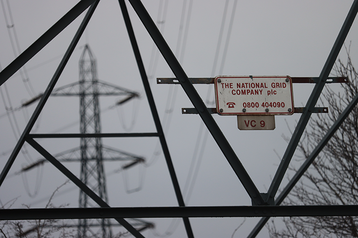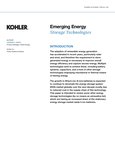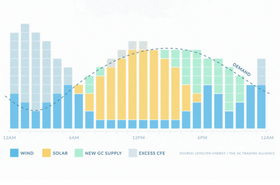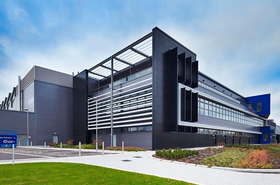The CEO of British utility National Grid has warned that data center power use is set to grow dramatically, putting further strain on an already-constrained grid.
Speaking at the Aurora Spring Forum in Oxford, John Pettigrew said that the UK's energy industry has reached a "pivotal moment," and pitched the development of an ultra-high voltage onshore transmission network.
"Today, just like in the 1950s, we find ourselves with a network that’s constrained," Pettigrew said.
"Demand on the grid is growing dramatically, and forecast to double by 2050 as heat, transport, and industry continue to electrify. Future growth in foundational technologies like artificial intelligence and quantum computing will mean larger-scale, energy-intensive computing infrastructure.
"Demand from commercial data centers will increase six-fold, just in the next ten years, and in homes, there will be an increasing shift towards heat pumps and electric vehicles."
Pettigrew said that the constraints and the need to shift to net zero required creative new solutions. "One approach we think has potential is the construction of an ultra-high voltage onshore transmission network of up to 800,000 volts," he said.
"This would be superimposed on the existing supergrid, a super-supergrid if you like. This new grid would enable bulk power transfers around the country, with strategically located ultra-high capacity substations, supporting the connection of big energy sources to big demand centers via the new network. This model consolidates infrastructure by connecting the larger capacity hubs in the places they’re most needed. It is both a strategic and proactive approach instead of today’s incremental, tactical, and reactive one."
Data centers have long competed with other power users for access to the grid. In 2022, the Greater London Authority told developers that new housing projects in West London could be banned until 2035, because data centers have taken all the electricity capacity.
Late last year, the UK government announced that it would invest £960 million ($1.1bn) in green industries and overhaul the country's power network. The government claimed that its 'connections action plan' would cut average grid connection delays from five years to six months, releasing up to 100GW of capacity.
In January, the International Energy Agency (IEA) said that it expects data center power usage to double globally by 2026.






